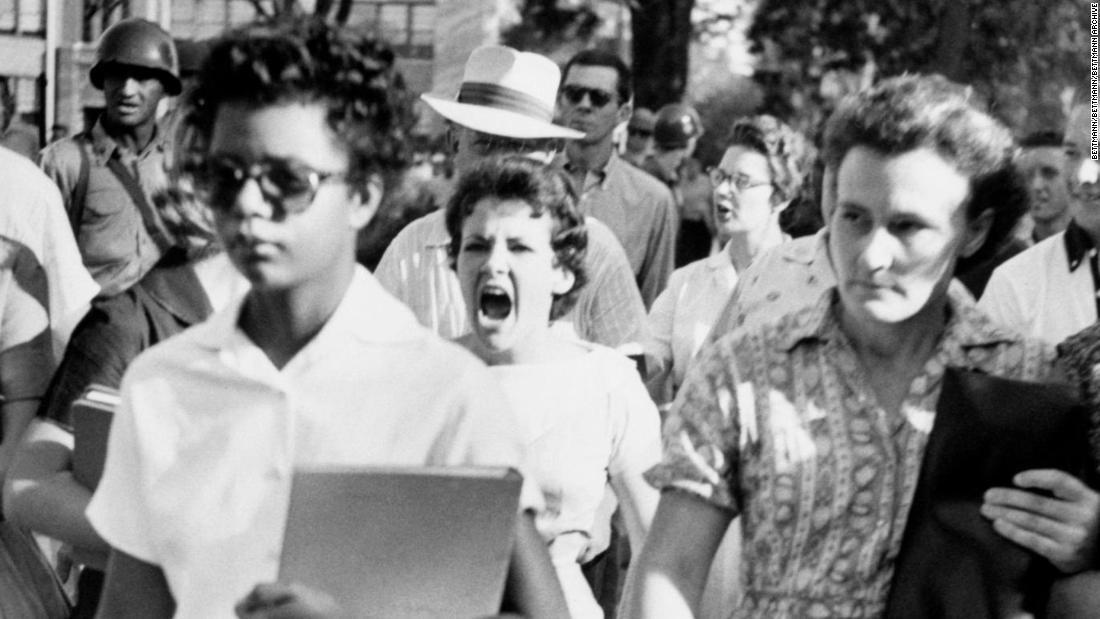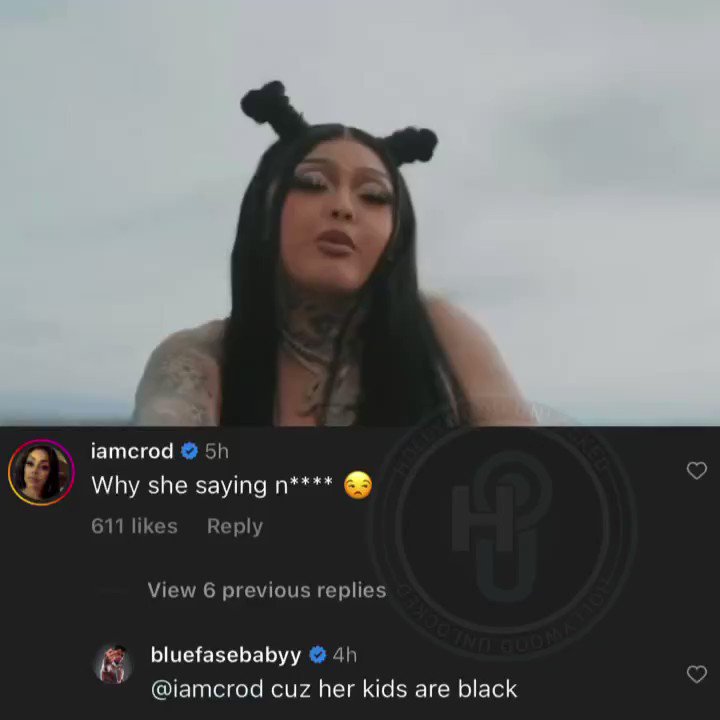Do Mexicans have the right to utter the n-word? Absolutely not; no one besides Black individuals should ever use that slur. The complexities surrounding the n-word, its history, and its continued impact are deeply rooted in centuries of systemic racism and oppression. Understanding this context is crucial before even considering the question of who can and cannot say it. The debate is fraught with emotion, historical baggage, and contemporary sensitivities, making it essential to unpack the various layers involved.The n-word, a term originally derived from the word "Negro," was weaponized during the era of slavery and Jim Crow laws to dehumanize and subjugate Black people. It served as a constant reminder of their second-class status and the brutality they faced daily. Its use was intended to strip them of their dignity, individuality, and humanity. The echoes of this painful history reverberate even today, making the word a potent symbol of racial animosity. Even when used casually or ironically, the n-word carries with it the weight of generations of suffering and injustice. Its impact cannot be minimized or dismissed, regardless of the speaker's intent.The argument that the n-word can be "reclaimed" or neutralized when used within the Black community is a complex one. Some argue that it represents a form of solidarity and empowerment, a way to subvert the original intention of the slur and turn it into a term of endearment. However, this reclamation is specific to the Black experience and does not extend to individuals outside of that community. When non-Black people use the n-word, regardless of their ethnicity or intentions, it is almost universally perceived as a sign of disrespect and racial insensitivity. The historical power dynamics are not erased simply because the word is uttered by someone who is not Black.The question of whether Mexicans can say the n-word specifically touches upon the intersection of race, ethnicity, and cultural context. While Mexicans, like other Latin American communities, have faced discrimination and prejudice, their experiences are distinct from those of Black Americans. The history of anti-Black racism in the United States is unique and cannot be equated with the challenges faced by other marginalized groups. Mexicans, regardless of their individual experiences with discrimination, do not inherit the historical trauma associated with the n-word. Using the word, therefore, is seen as an appropriation of Black pain and a disregard for the deeply offensive history associated with it.Furthermore, the argument that Mexicans, as a group also subject to discrimination, should be "allowed" to use the n-word is a false equivalency. It suggests that experiencing prejudice grants one the right to inflict pain on another group. This logic is flawed and perpetuates a cycle of harm. It is crucial to recognize that different forms of discrimination are not interchangeable and that empathy does not automatically translate into permission. Solidarity with Black communities requires respecting their boundaries and sensitivities, not appropriating their language.The use of the n-word by anyone outside of the Black community also raises questions about performative allyship. Engaging in anti-racist work requires a genuine commitment to dismantling systemic oppression and challenging one's own biases. Using the n-word, even with the intention of being "inclusive" or "understanding," undermines this effort. It can be seen as a superficial attempt to connect with Black culture without truly understanding the historical weight of the word. True allyship involves listening to and amplifying Black voices, not co-opting their language.The entertainment industry, particularly music and film, often grapples with the use of the n-word. Lyrics in rap and hip-hop music frequently contain the word, sparking debate about its artistic merit and potential harm. While some argue that its use reflects the realities of Black life and provides a platform for self-expression, others maintain that it perpetuates harmful stereotypes and normalizes its use. Regardless of one's stance on this debate, it is important to recognize that the context of artistic expression does not negate the historical impact of the word. When non-Black individuals consume or participate in this media, they must be mindful of their role and avoid repeating the n-word, even when singing along to a song.Ultimately, the decision of whether or not to use the n-word is a personal one, but it should be guided by a deep understanding of its history and impact. For non-Black individuals, the overwhelming consensus is that it should never be used. The potential for harm far outweighs any perceived benefit. Respecting the boundaries of the Black community and engaging in genuine anti-racist work are far more effective ways to show solidarity and promote equality. The focus should be on dismantling the systems of oppression that created the n-word in the first place, rather than debating who has the "right" to say it. The conversation needs to move beyond permission and focus on understanding, empathy, and action. Real change requires confronting uncomfortable truths and committing to a more just and equitable world for all.The societal implications of allowing or disallowing certain groups to use specific language are far-reaching. Language is not just a tool for communication; it is a reflection of cultural values, historical experiences, and power dynamics. Allowing certain groups to use language that is deeply offensive to others can reinforce existing inequalities and perpetuate cycles of harm. Conversely, restricting the use of certain language can be seen as a form of censorship or an infringement on free speech. Finding the right balance between protecting vulnerable groups and upholding freedom of expression is a complex and ongoing challenge.The role of education in addressing the complexities of language and race cannot be overstated. Schools and communities need to provide spaces for open and honest conversations about the history of the n-word, its impact on Black communities, and the importance of respecting cultural boundaries. This education should not be limited to history lessons; it should be integrated into all aspects of the curriculum, from literature and art to social studies and current events. By fostering a deeper understanding of the historical and social context of language, we can empower individuals to make informed choices about their own speech and to challenge harmful stereotypes and prejudices.The media also plays a crucial role in shaping public perceptions of language and race. News organizations, entertainment companies, and social media platforms all have a responsibility to be mindful of the language they use and the messages they convey. Sensationalizing or trivializing the use of the n-word can perpetuate harm and undermine efforts to promote racial understanding. Instead, the media should focus on amplifying Black voices, highlighting the experiences of marginalized communities, and providing accurate and nuanced information about the history of racism and its ongoing impact.Addressing the issue of the n-word requires a multi-faceted approach that involves individual responsibility, community engagement, and systemic change. It is not enough to simply tell people not to use the word; we must also address the underlying causes of racism and inequality. This requires confronting our own biases, challenging harmful stereotypes, and working to dismantle the systems of oppression that perpetuate discrimination. It also requires supporting Black communities and amplifying their voices. By working together, we can create a more just and equitable world where the n-word and other forms of racial slurs are relegated to the dustbin of history.The discussion about the n-word is not just about a single word; it is about power, privilege, and the legacy of slavery and Jim Crow. It is about recognizing the humanity of Black people and respecting their experiences. It is about acknowledging the pain and suffering that the word has caused and committing to a future where such language is no longer used. This requires a willingness to listen, learn, and grow. It requires a commitment to challenging our own biases and working to dismantle the systems of oppression that perpetuate inequality.Ultimately, the question of whether Mexicans can say the n-word is a distraction from the real issue: the need to dismantle systemic racism and create a more just and equitable world for all. The focus should be on building bridges between communities, fostering understanding and empathy, and working together to address the root causes of inequality. By shifting the conversation from permission to action, we can move closer to a future where the n-word and other forms of racial slurs are no longer used.



Detail Author:
- Name : Mr. Jett Smitham II
- Username : davis.theresia
- Email : ecarroll@yahoo.com
- Birthdate : 2005-04-07
- Address : 69034 Olin Greens Hillsfurt, KY 81988
- Phone : 1-430-863-5706
- Company : Ullrich Inc
- Job : Equal Opportunity Representative
- Bio : Id est at est pariatur voluptatem qui atque. Nisi ducimus qui laboriosam delectus. Et eaque est sit exercitationem tempore non in.
Socials
tiktok:
- url : https://tiktok.com/@zachariahlesch
- username : zachariahlesch
- bio : Debitis earum tempore at molestiae recusandae. Suscipit omnis autem est.
- followers : 6513
- following : 832
instagram:
- url : https://instagram.com/zachariah_lesch
- username : zachariah_lesch
- bio : Voluptas sapiente id vero ea in. Doloremque in enim fugit nesciunt sint quidem architecto.
- followers : 2441
- following : 2734
twitter:
- url : https://twitter.com/zachariah_lesch
- username : zachariah_lesch
- bio : Et qui inventore dolore magni. Eos aperiam non enim necessitatibus qui. Tempora aperiam vero qui tenetur.
- followers : 4799
- following : 381
facebook:
- url : https://facebook.com/zachariahlesch
- username : zachariahlesch
- bio : Vel similique quia quod ea qui iste consequatur aut.
- followers : 2939
- following : 2360